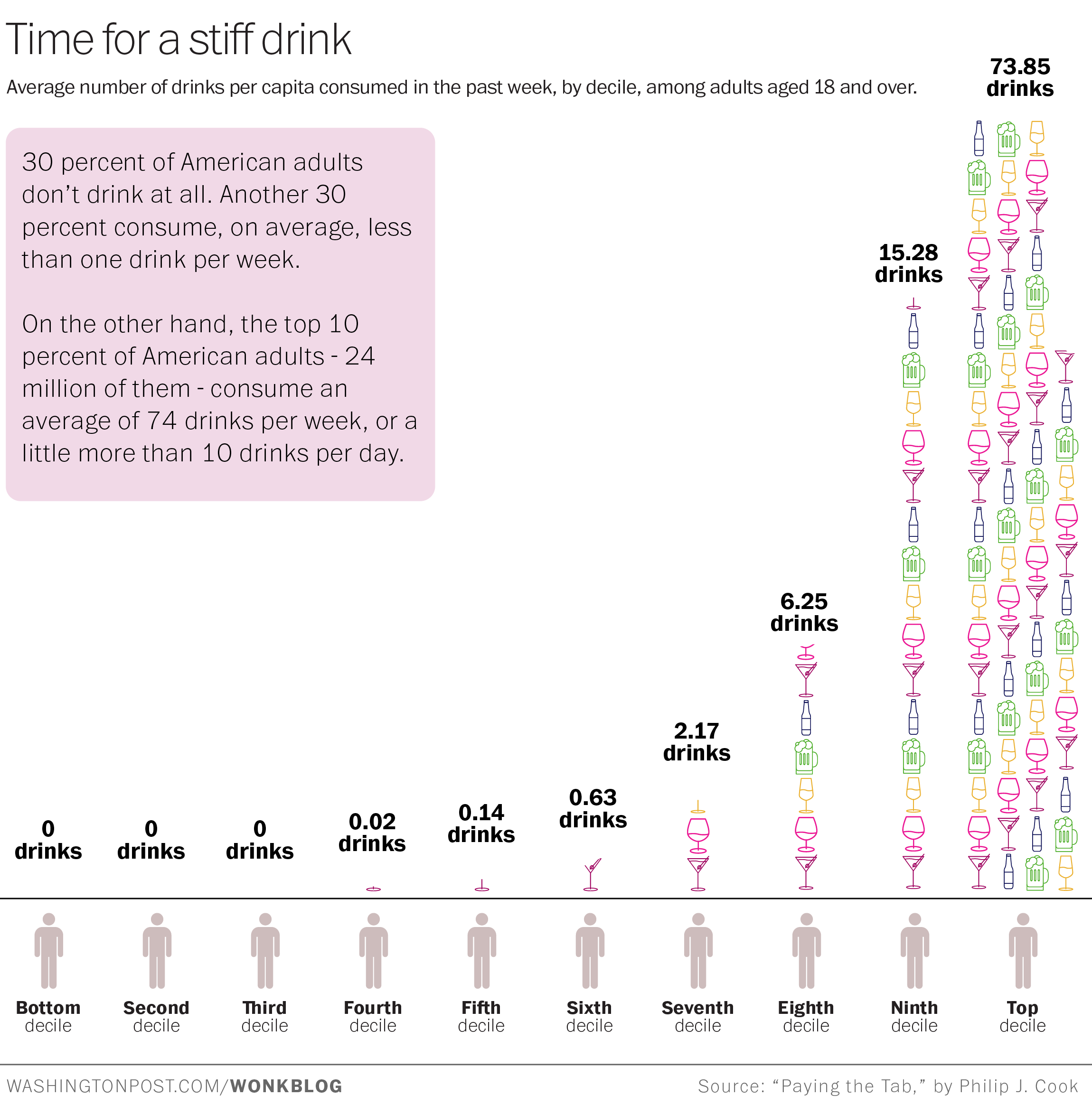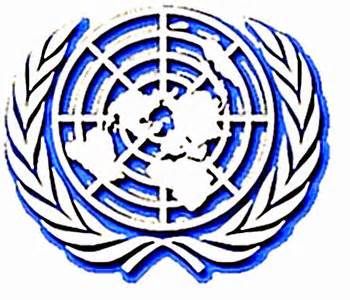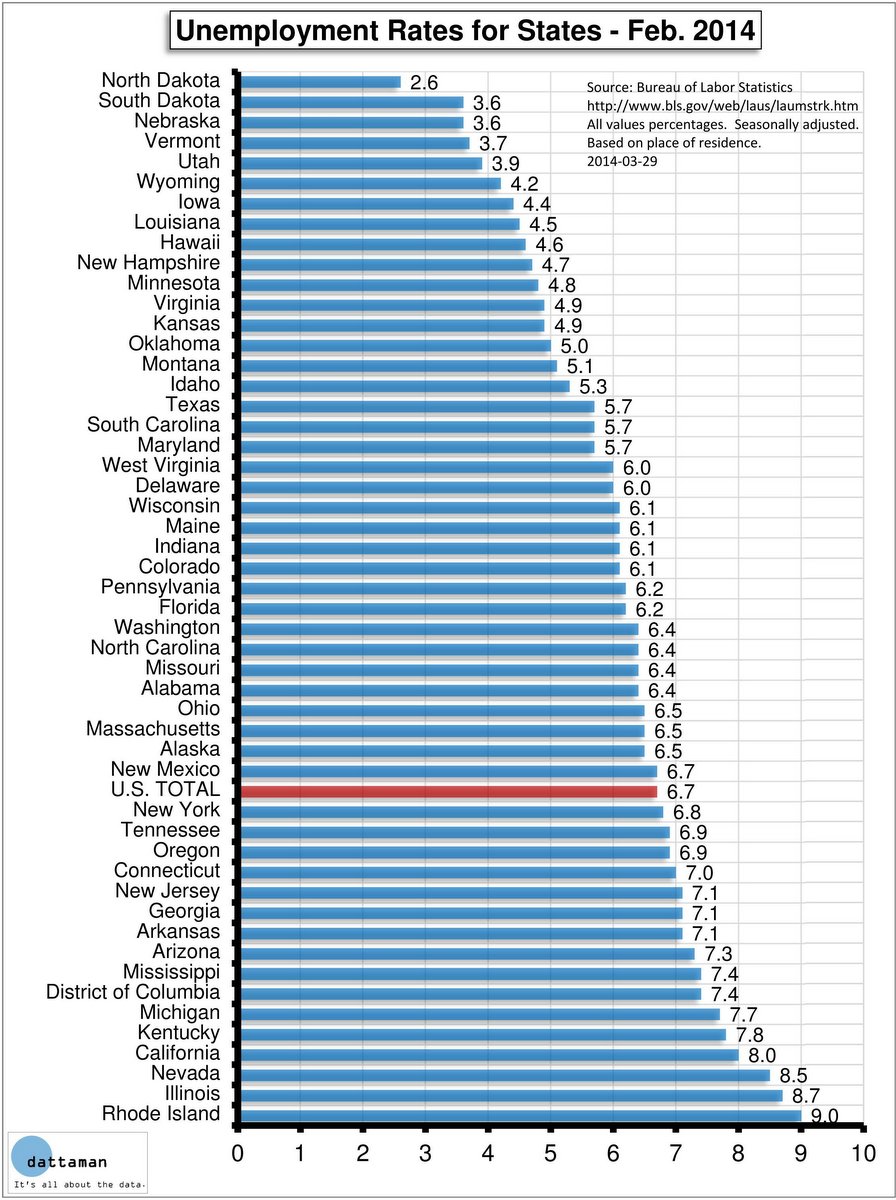Breast Cancer Awareness Month

For the upcoming Breast Cancer Awareness month, Dr. Camille Wortman offers tips for breast cancer survivors on how to grieve losses they might have sustained before, during, and afterwards.
Maintain close connections with friends and family members. Breast cancer survivors often isolate themselves, thus cutting themselves off from interactions that can be healing.
Consider activism: Becoming an advocate for causes that will help future survivors of breast cancer can be very empowering.




